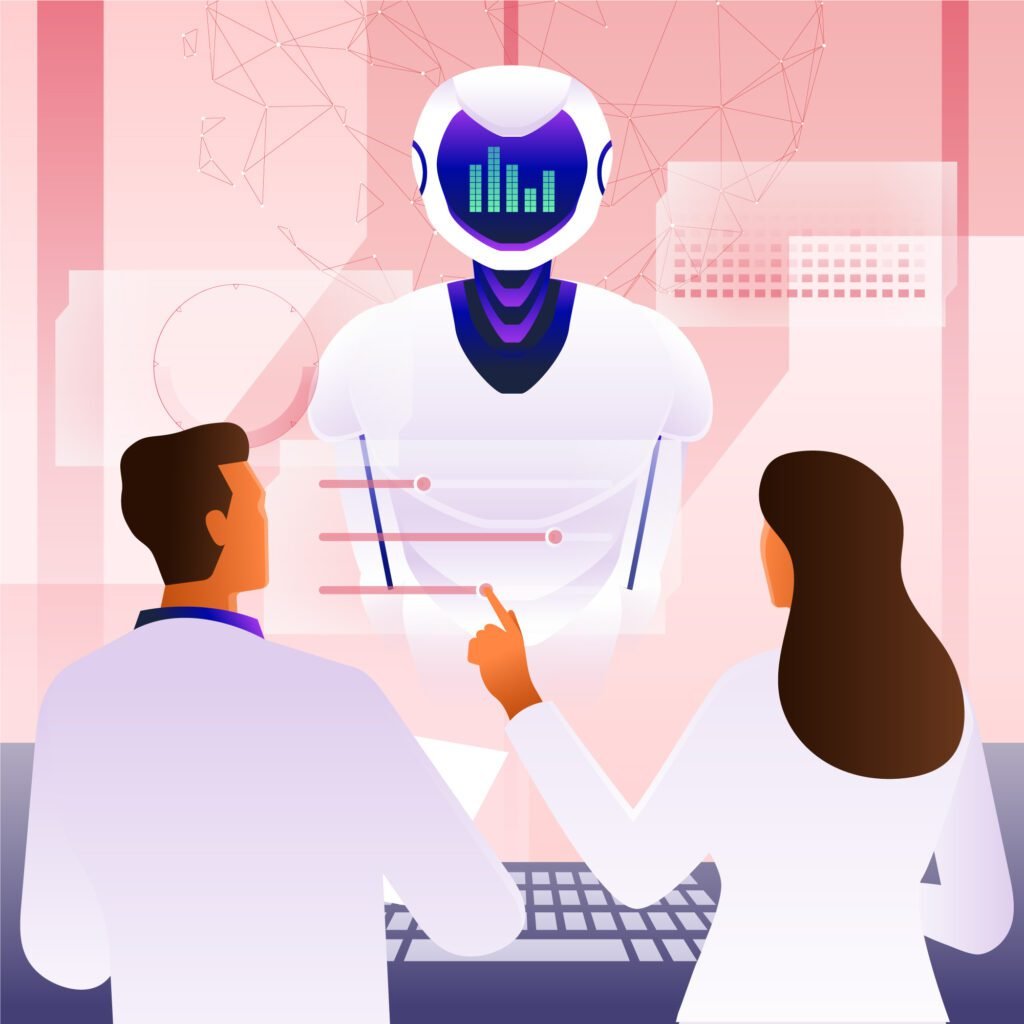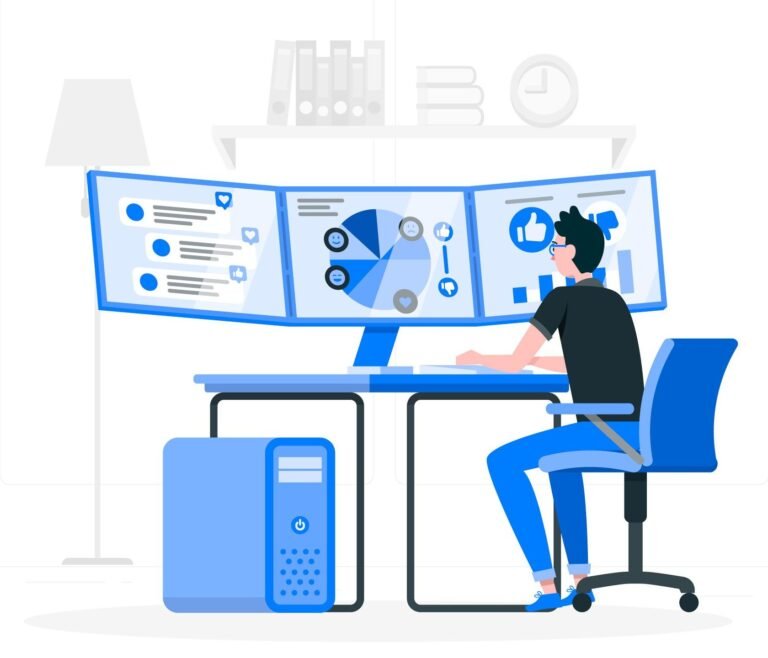Ai Transforming Construction Sector

AI is significantly transforming the construction sector, particularly in the management and execution of contracts. Algorithms can analyze extensive datasets, including building codes and environmental conditions, to produce optimized designs. This can simulate different design scenarios, allowing engineers to assess structural integrity and energy efficiency before construction begins. Here are several key ways AI is making a difference:
Enhanced Contract Review and Management:
AI-driven tools are automating the contract review process, which traditionally has been tedious and prone to human error. These systems can quickly analyze contracts, identify key terms, and highlight potential risks or anomalies, leading to faster and more accurate assessments. This automation minimizes the time spent on manual reviews and reduces the likelihood of oversight.
Predictive Analytics for Risk Mitigation:
AI’s ability to analyze historical data allows it to predict potential risks associated with construction contracts. By identifying these risks early in the project lifecycle, stakeholders can implement proactive measures to mitigate them, ultimately saving time and resources. This predictive capability is crucial for navigating the complexities inherent in construction projects.

Smart Contract Automation:
Smart contracts, which utilize blockchain technology alongside AI, automate the enforcement of contract terms. These self-executing contracts can manage payments, timelines, and milestones without intermediaries, enhancing transparency and efficiency in contract execution.
Improved Decision-Making:
AI algorithms provide data-driven insights that assist in decision-making processes related to construction contracts. For example, AI can recommend cost-effective suppliers or optimize resource allocation based on comprehensive data analysis. This leads to more informed decisions that align with project goals.

Real-time Monitoring and Reporting:
AI systems enable real-time monitoring of construction projects by tracking milestones, budgets, and compliance with contractual obligations. AI can alert project managers promptly if deviations occur, facilitating quick corrective actions.
Natural Language Processing (NLP):
NLP technologies enhance contract understanding by translating complex legal language into simpler terms. This accessibility allows non-legal professionals to engage more effectively with contracts. Additionally, NLP can automate many aspects of contract review, such as identifying key clauses and risks, freeing legal professionals to focus on strategic tasks.
Compliance Monitoring:
AI tools ensure that contracts comply with relevant laws and industry standards. AI reduces legal risks associated with non-compliance by automatically verifying compliance with regulations such as safety codes or environmental laws.

AI is revolutionizing the construction sector by streamlining contract management processes, enhancing risk assessment capabilities, automating routine tasks, and improving overall decision-making efficiency. This integration not only saves time and reduces errors but also fosters a more transparent and accountable contractual environment in construction projects.
